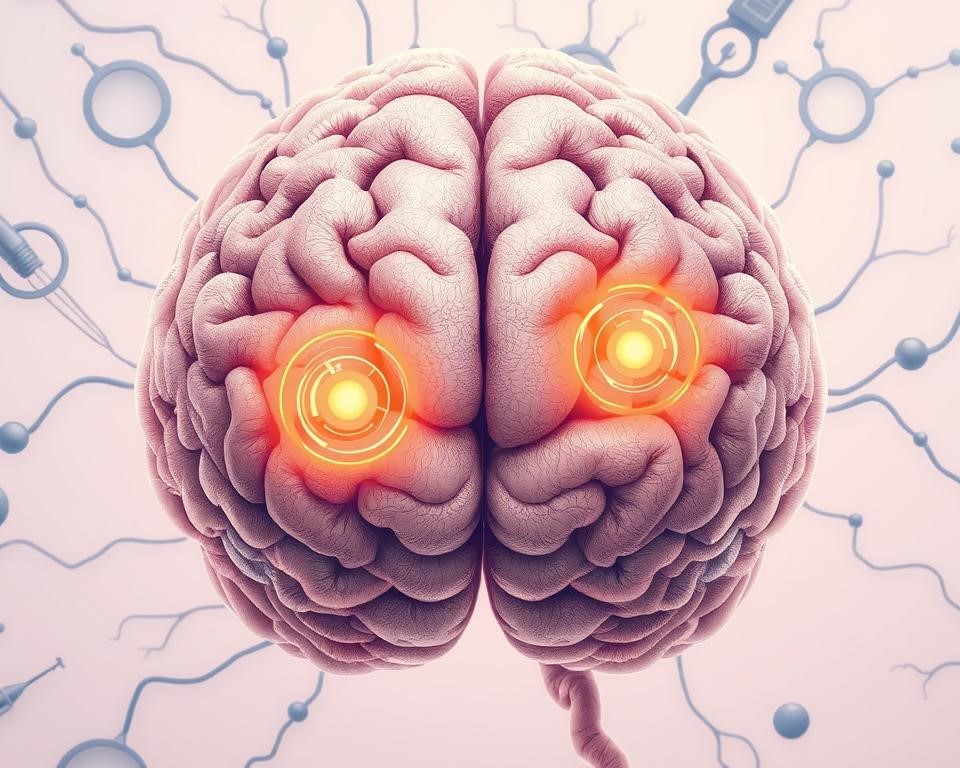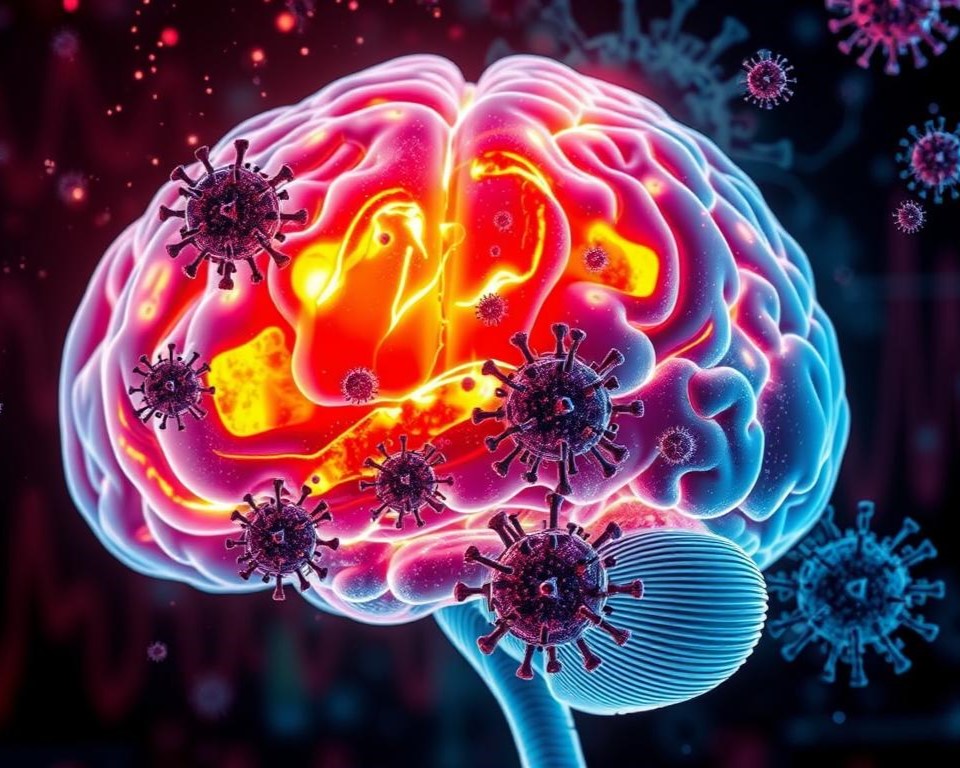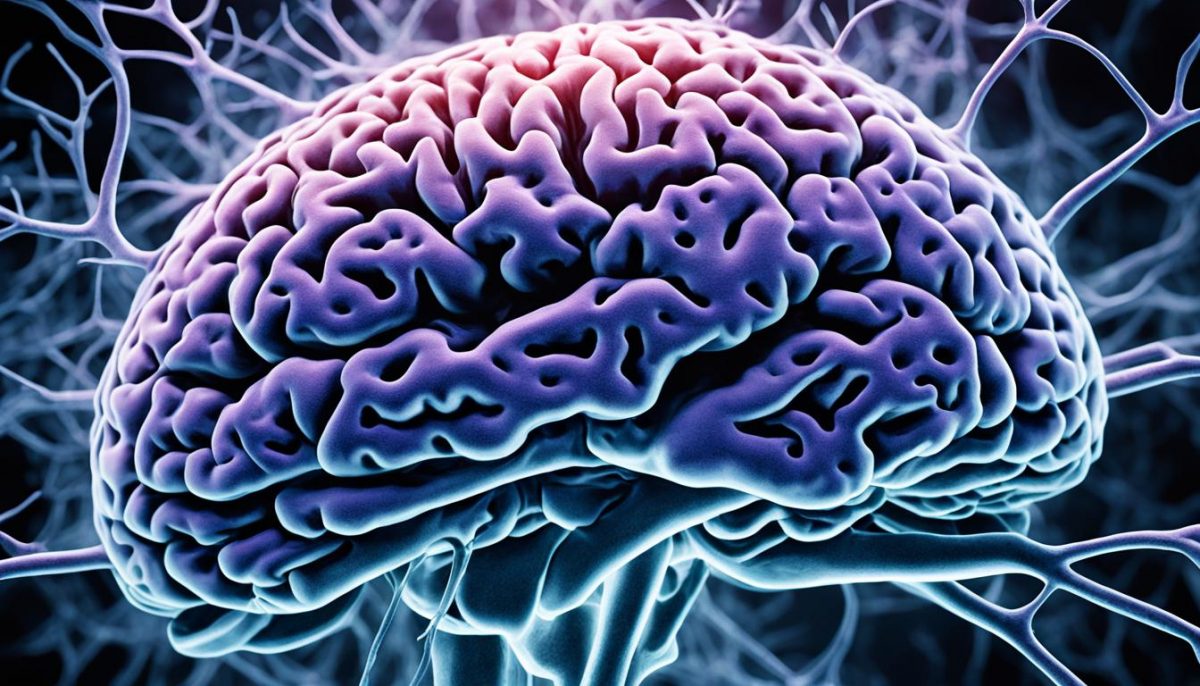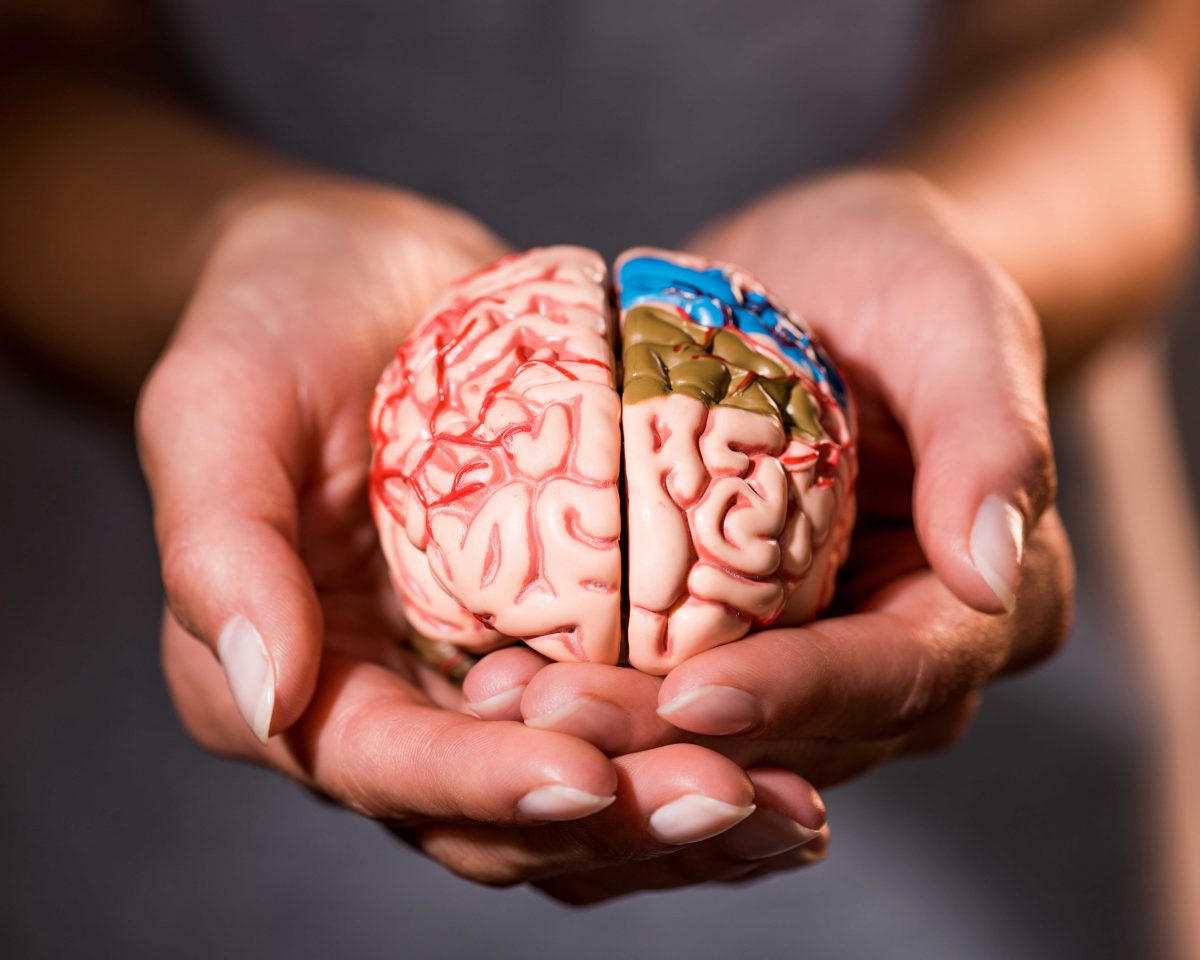In the U.S., around 2.8 million people visit emergency departments each year for brain injuries1. Another 288,000 are hospitalized for brain injuries1. This big health problem has led to a new clue about concussions. This clue is about tiny tubes between the brain’s protective membranes. These tubes, called meningeal lymphatic vessels, help remove waste from […]











